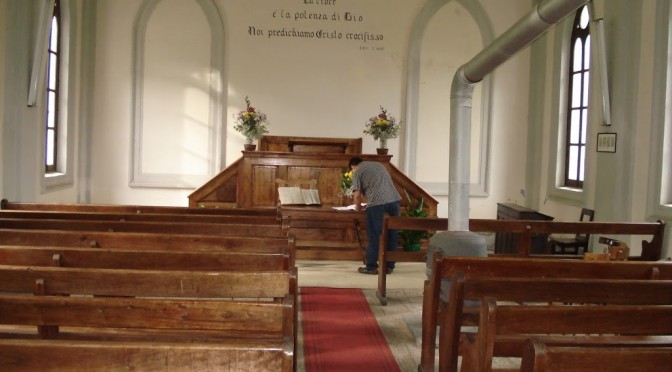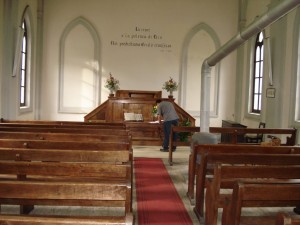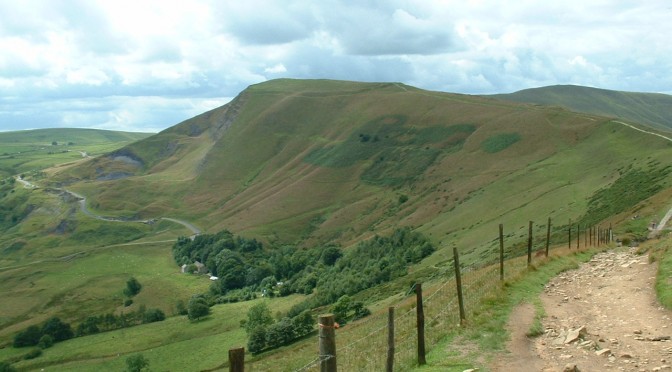I can remember when I was seventeen giving a brief talk on the pros and cons of nuclear power which was largely informed by information provided by Friends of the Earth. I was not a member of Friends of the Earth but the information had been given by a friend of the family and I read it and digested it. It was a hot green issue in those days and friend was a URC member.
Yet if you had asked me five years ago what was new in the URC I would have said a concern around green issues. This has been slowly but surely climbing up the agenda both in terms of personal behaviour (how often do you share lifts, recycle paper, tins and plastic or participate in other green initiative) and nationally within the denomination.
I suppose I was accepting the obvious, the way the Reformed tradition is credited with being an activist tradition. That is we are an industrious people. To give you some idea look at what the Scots did in “Wha’s like us” but then it was English who largely made up the New England Puritans, which were the driving force in the US as well as a good few industries England. It is hardly surprising being good bible readers we have taken perhaps too literally Genesis 1:28 “And God blessed them, and God said unto them, Be fruitful, and multiply, and replenish the earth, and subdue it: and have dominion over the fish of the sea, and over the fowl of the air, and over every living thing that moveth upon the earth”(KJV).
Yet the more I look into it the more there seems to have been an undercurrent of ecological sensitivity. It is John Calvin who talks of world as “theatre of God’s creation” and Jonathan Edwards (17th Century New England Congregational Minister famous for his Hell fire sermons) who had a sense of rapture in the surrounding countryside. It looked rather as if it was something we had lost and rediscovered in this century. Then however T A Leonard with his walking holidays came along for the late nineteenth early twentieth century. I think it is safer to assume it has always been there.
So when Iona Community is seen as having Celtic Spirituality or the fact that perhaps the first book on the Green character of God was “God is Green” by Ian Bradley a Church of Scotland minister back in 1992 is not that surprising. They are giving voice to a secondary discourse that has run almost as a stream underground within the Reformed tradition.




